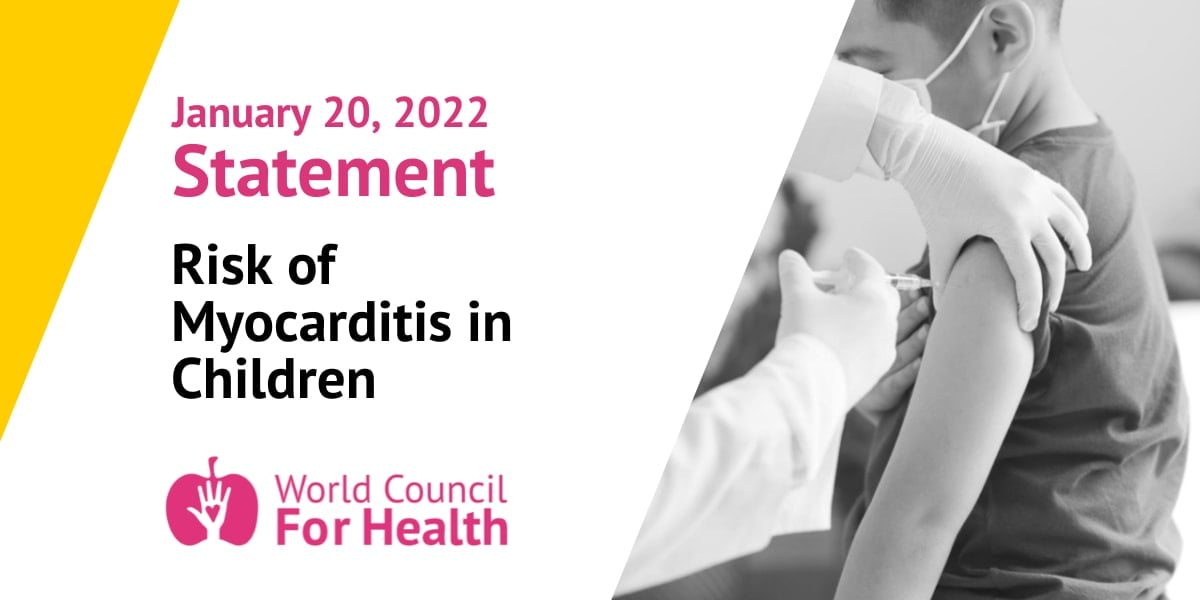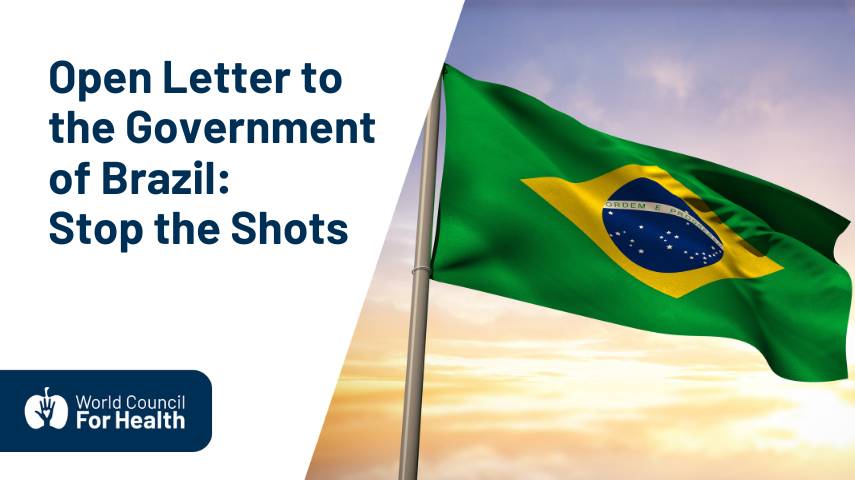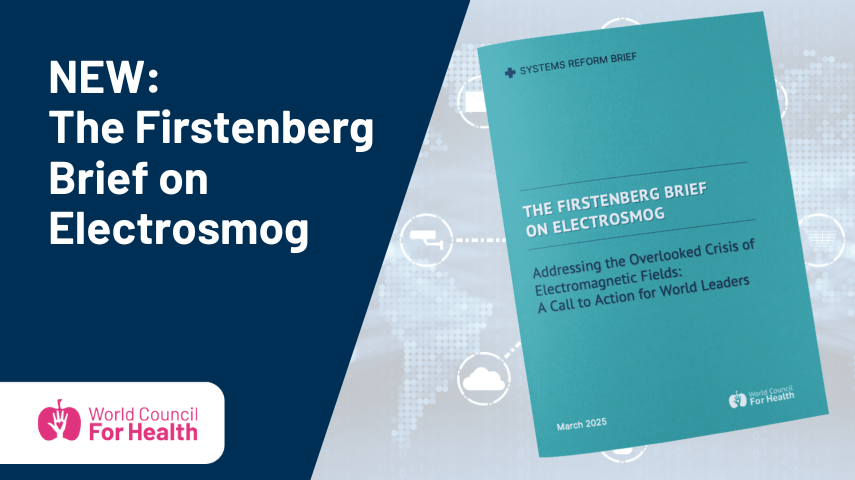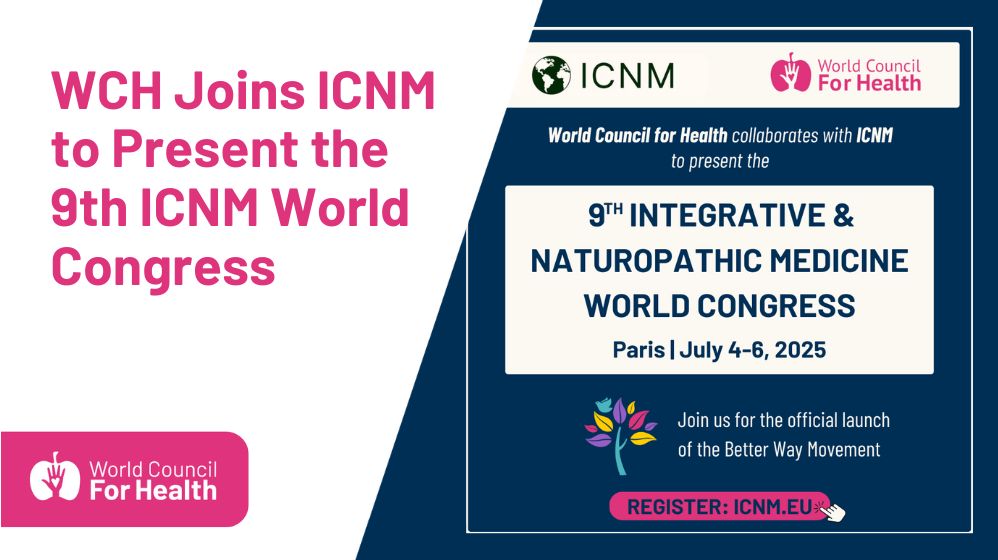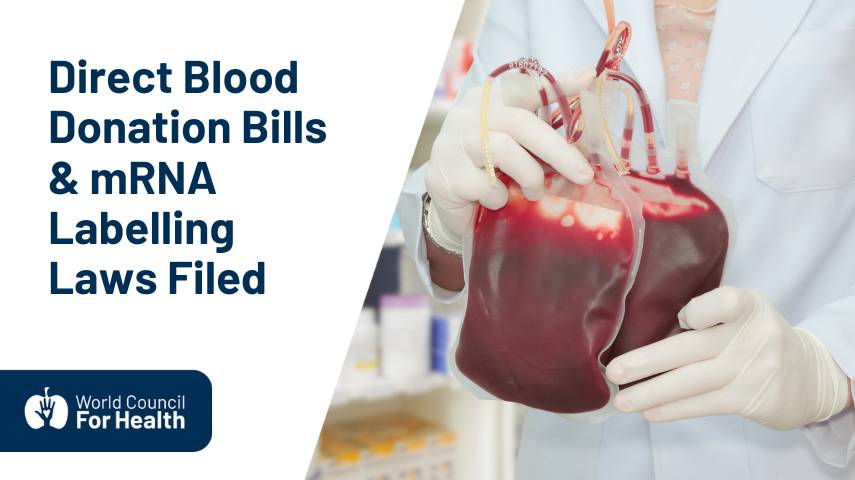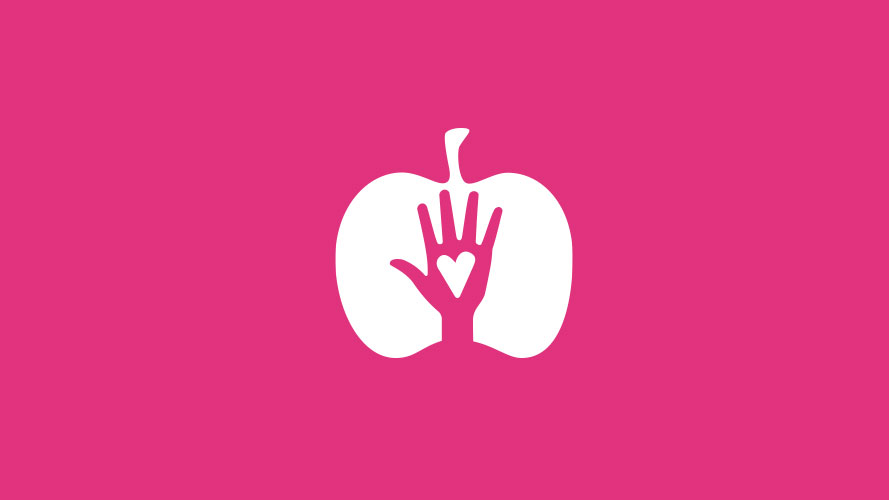World Council for Health demands an end to the use of Covid-19 vaccines and boosters in children due in part to the increased risk of myocarditis.
In all matters of care, the benefits must be weighed against the risks. Because there is no Covid-19 emergency for children and most children are at little risk of developing severe symptoms of Covid-19 after contracting SARS-CoV-2 to begin with, WCH urges against placing them at risk of the very real adverse effects from the experimental injections.
- A study published on December 6, 2021 in the American Heart Association’s journal Circulation, investigated 139 children <21 years old that experienced 140 suspected episodes of myocarditis. The study found that suspected myocarditis occurred in 97.8% of the children following an mRNA injection, 94.2% of the suspected episodes followed the Pfizer-BioNTech injection, and 91.4% of the episodes occurred after the second injection.
- A study from the University of Oxford evaluated the association between Covid-19 vaccine and myocarditis in more than 42 million people aged 13 and older. An increased risk of myocarditis was found 1-28 days following the third dose of the Pfizer-BioNTech injection. The increased risk was seen primarily in males younger than 40.
- A study published in Nature Medicine on December 14, 2021 found a greater risk of myocarditis following Moderna’s Covid-19 injection than from catching the virus itself in those under the age of 40.
- A study from Kaiser Permanente Northwest found a ~1/1860 and ~1/2650 risk of myopericarditis in males age 18-24 and 12-17 respectively following their second dose of the Covid-19 mRNA injection.
Myocarditis is inflammation of the heart muscle and is a serious condition. Myopericarditis is a complication of acute pericarditis in which pericardial inflammation extends to the myocardium. The World Council for Health does not agree with the new and now frequently used talking point that myocarditis is a mild condition. As the heart is vital to life and the muscle does not regenerate, the damage has the potential to lead to life-altering outcomes, including early death.
While the World Health Organization has recently stated that there exists no evidence that children need Covid-19 boosters, WCH maintains that there is no evidence that children need any Covid-19 injections at all and that available evidence shows they do more harm than good.
Hours after the U.S. Food and Drug Administration’s Vaccines and Related Biological Products Advisory Committee unanimously recommended a booster shot two months after Johnson & Johnson’s single-dose injection to recipients over the age of 18, committee member Dr. Ofer Levy told CNBC, “As we go into younger and younger age groups, they’re less and less at personal risk of severe Covid, and on the other hand, somewhat more at risk of this inflammatory heart condition with the mRNA vaccine. So it’s a risk benefit analysis, and that’s why you’re seeing that deliberation.”
FDA Vaccine Advisory committee member and Director of the Vaccine Education Center at Children’s Hospital of Philadelphia, Dr. Paul Offit, said in October, “It’s always nerve-wracking, I think, when you’re asked to make a decision for millions of children based on studies of only a few thousand children.” The Phase 3 safety studies involved fewer than 3,000 children.
WCH supports the use of safe, effective, and affordable treatments for Covid-19, as well as safe and effective vaccines, of which the experimental gene-based injections are not.
The world’s children are the future. Their health and wellbeing must be preserved and prioritized.
